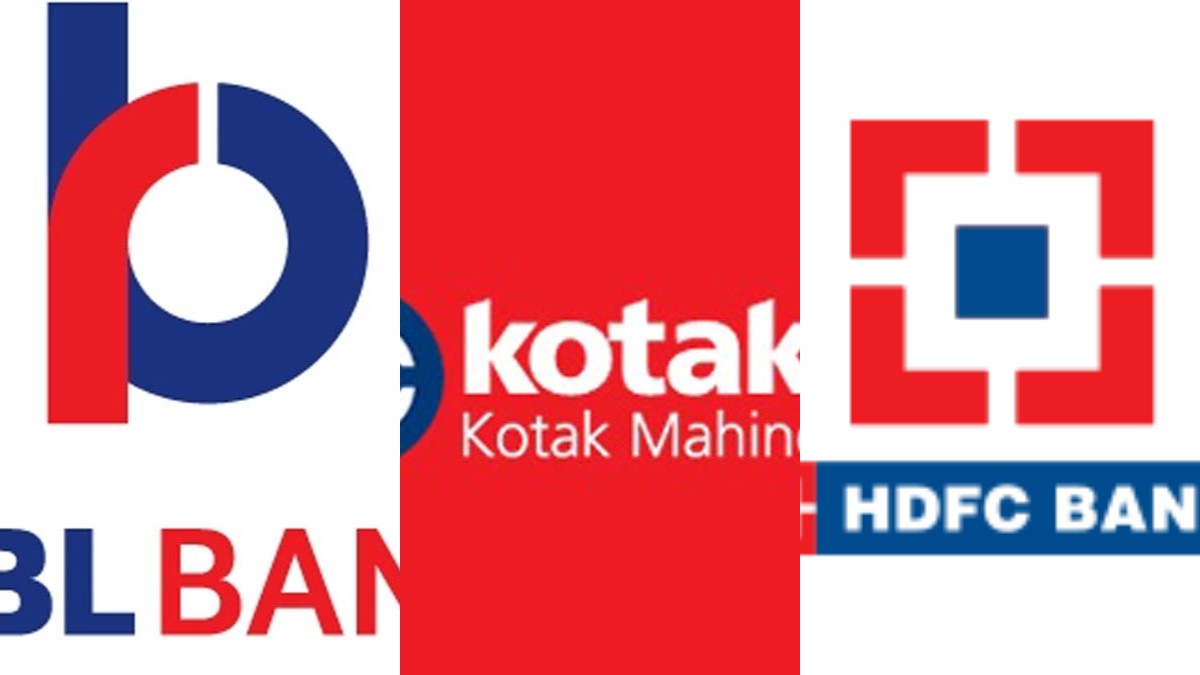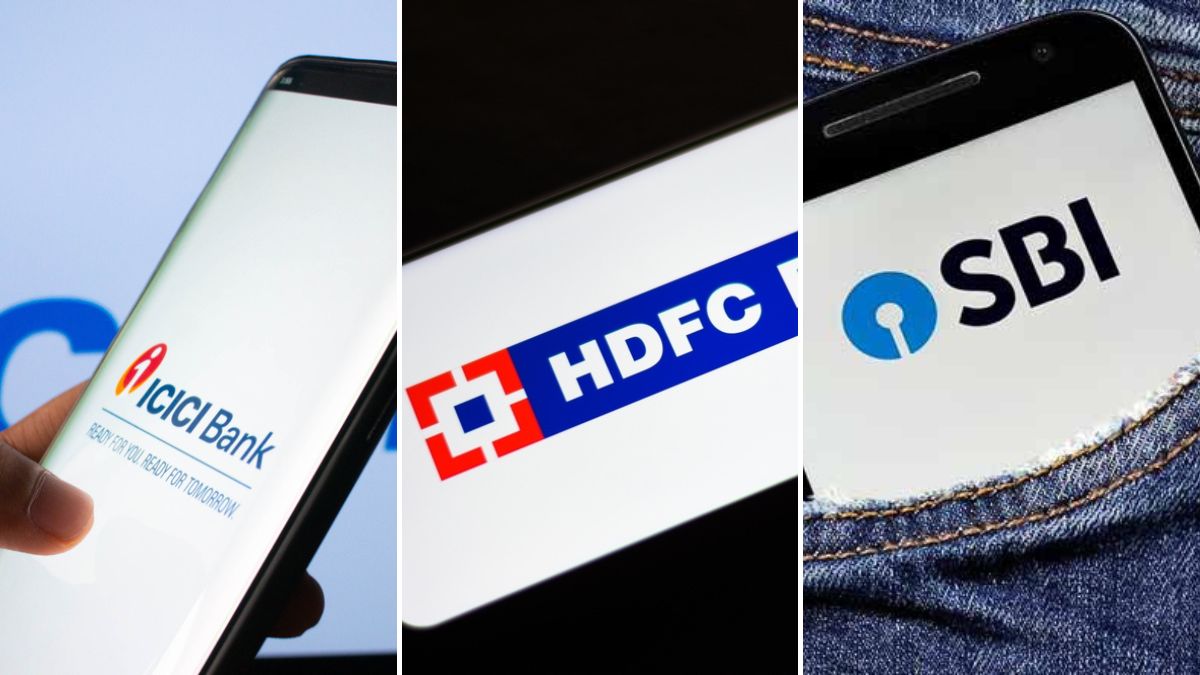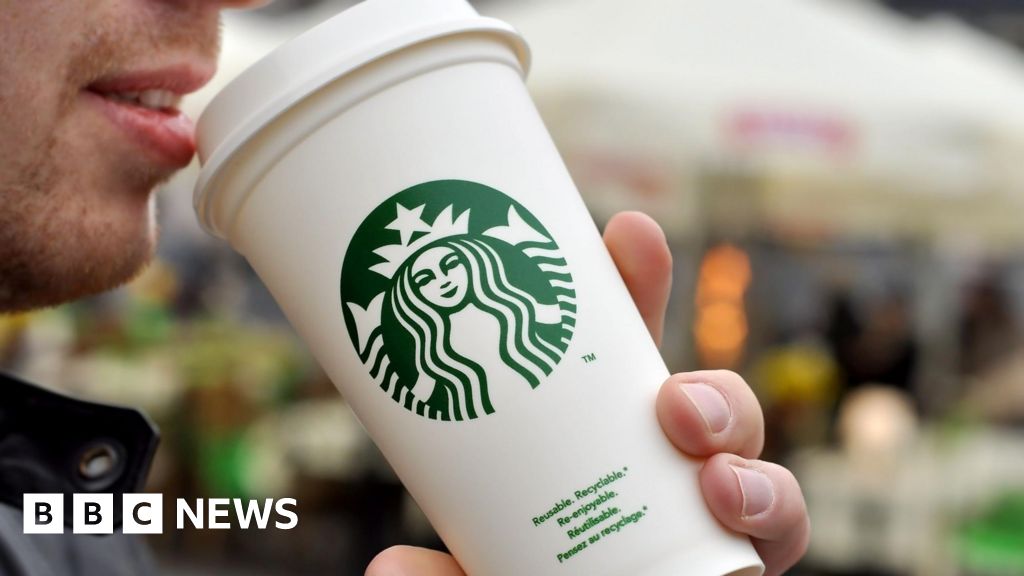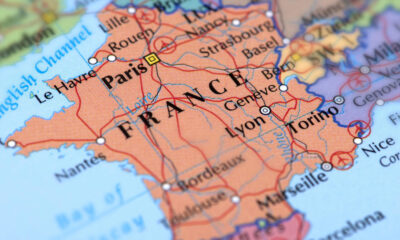The US dollar has rallied to its strongest level since August, boosted by a recent string of strong economic data and investor bets that Donald Trump’s chance of winning next month’s presidential election is on the rise.
The currency has climbed nearly 4 per cent since late September against a basket of rivals, helped by blockbuster US jobs figures earlier this month that prompted investors to scale back their expectations for Federal Reserve rate cuts.
But traders and analysts say shorter odds on a second Trump administration have added fuel to the rally, given that the former president’s plans to slap tariffs on imports are expected to push up inflation and interest rates should he win on November 5.
“The markets are moving to price in a greater probability of Trump victory,” said Lee Hardman, senior currency analyst at MUFG.
Betting markets and swing-state polls showing momentum for the former president have prompted investors to consider the market impact of policies to raise tariffs, restrict immigration and lower taxes.
Trump has indicated his desire to weaken the dollar, but investors have long thought his economic policies will do the opposite, particularly if the Republicans manage a “red sweep” of the White House and both houses of Congress.
Citi said its hedge fund clients, encouraged by the shift in US election odds, had this month been on their longest daily buying streak of the dollar in two years. Barclays said there was an observable “election premium” in the dollar, adding that the shift in Fed expectations on its own was not sufficient to explain the currency’s recent gains.
Thierry Wizman, global foreign exchange and interest rate strategist at Macquarie, said there were “two pillars” to the dollar’s recent strength. The first was what he called the “re-emergence of American exceptionalism” in strong economic data, and the second was signs of a so-called “Trump trade”.
Trump’s economic policies “tend to be associated with more inflation and as a result they tend to be associated with a less aggressive rate-easing cycle from the Fed over the next few years”, said Wizman.
Expectations of slower interest rate cuts by the Fed have also fuelled a sell-off in longer-term US Treasuries in recent weeks, with the yield on the 10-year government bond reaching 4.22 per cent on Tuesday, its highest since July.
Swaps markets expect one or two further Fed cuts this year, implying a significant chance that the central bank holds rates at one of its two remaining meetings. Last month, investors had been expecting at least a quarter-point cut at each meeting.
The shift, just a month after the Fed launched began lowering borrowing costs from a 23-year high, has sent traders scrambling to adjust their positions. Volatility in the Treasuries market, measured by the Ice BofA Move index, has reached its highest level since the end of last year.
However, with the US election result still seen as very close, other analysts said most investors would be reluctant to make wagers on the outcome at this point.
Tim Baker, Deutsche Bank’s head of FX research for the Americas, said he did think a Trump victory would “help the dollar, but we think that lies ahead”.
The election is “basically a binary event with huge tail risks on either side”, said Mark McCormick, global head of FX and EM strategy at TD Securities.


































































































































































You must be logged in to post a comment Login